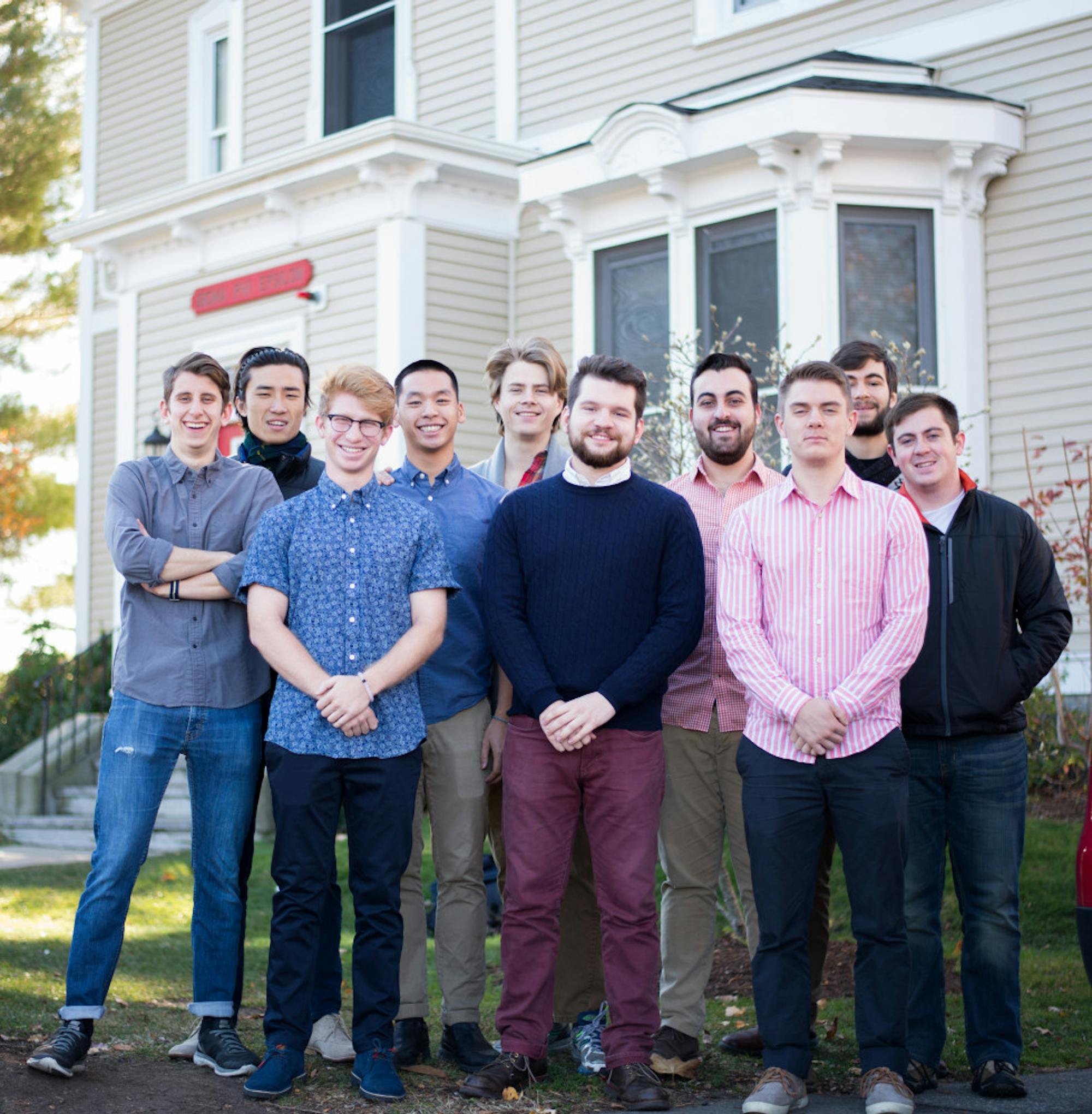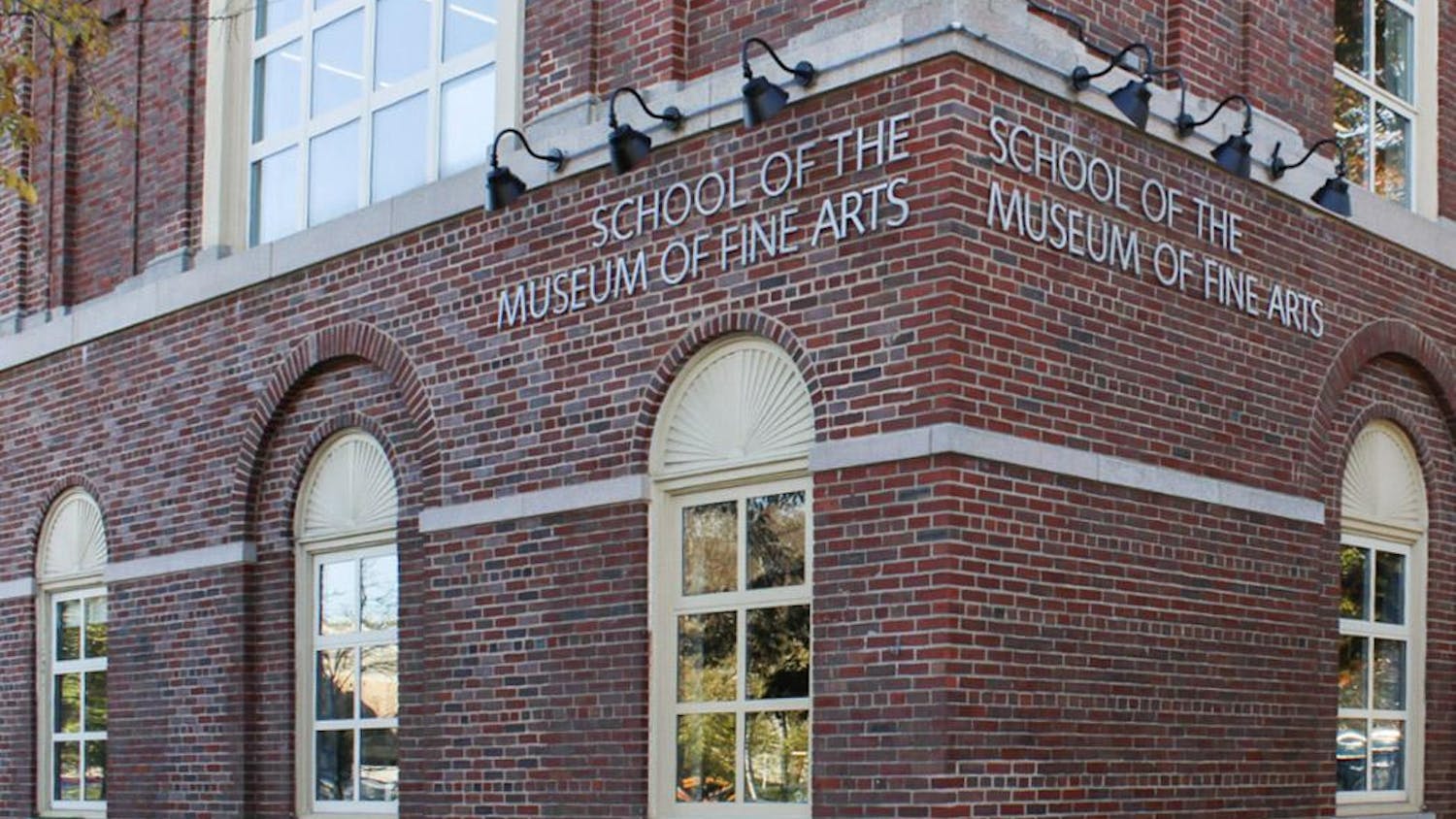The Tufts Sigma Phi Epsilon (SigEp) chapter has voted to disaffiliate from its national organization due to a misalignment of goals and values with the national fraternity.
According to SigEp President Shawn Patterson and SigEp brother Ben Kaplan, the decision to disaffiliate was supported by 95 percent of the brothers in a Nov. 15 vote and comes after several months of structured discussions.
“We’ve been discussing how our fraternity fits into this campus [and] how our fraternity fits into our national organization, and…we came to the conclusion that in order to best serve the needs of the Tufts community, it would be best for us to become a local, independent organization,” Kaplan, a junior, said.
Kaplan explained that the decision to disaffiliate grew out of divergent values acknowledged by both the chapter and the national organization.
“We didn’t think that the needs, goals and values that SigEp was about fit what we were about anymore,” he said. “I just think there was a divergence, and I think both parties understood that -- we understood that, SigEp understood that."
Director of Fraternity and Sorority Life Su McGlone expressed the university's support for the brothers.
"The university fully supports their decision and looks forward to working with them in their efforts as a local organization," she told the Daily in an email.
Interfraternity Council (IFC) discussed the decision to disaffliate at yesterday's meeting, SigEp brother Sam Berzok, a senior, told the Daily in an email. Berzok, who is the IFC recruitment chair, read a statement explaining why the chapter wished to leave its national organization.
SigEp is the second Tufts fraternity to disaffiliate from its national organization this calendar year, following the decision by former brothers of Alpha Epsilon Pi (AEPi) – now Pi Delta – to break ties with the AEPi national organization in January.
While Kaplan and Patterson did not provide specific reasoning as to what needs, goals and values differed between the chapter and the national organization, Patterson did say that Tufts' progressiveness may have contributed to SigEp and AEPi's disaffiliations.
“Because no single fraternity on any campus is precisely ‘the average’ fraternity, any chapter across the country has to balance their relationship between their national organization and their campus,” Patterson, a junior, told the Daily in an email. “Tufts is a unique, progressive community and needs a unique, progressive approach to Greek life, which is perhaps why we have seen two disaffiliations in one year."
Kaplan added that the disaffiliations can be attributed to the disconnect between national organizations and university chapters.
“I think every national fraternity has to kind of build themselves -- so build their values, build their goals, build their programming, build what they do -- around the ‘average’ American fraternity, and I don’t really know what that means -- I don’t think really anybody knows what that means,” Kaplan said.
Tufts SigEp's disaffiliation follows incidents of racism by SigEp chapters around the nation, including a UCLA chapter that co-hosted a "Kanye Western"-themed party in October, with costumes that embodied racial stereotypes and included blackface and a University of Mississippi chapter that was suspended in 2014 for hanging a noose and Georgia flag on the statue of the school's first African-American student.
Kaplan said he believes that a new start for SigEp will further the brother's efforts to address the problematic historical actions of fraternities on college campuses, citing a Nov. 16 article in Tufts' PostScript Magazine which documented the racist acts of Tufts'Delta Upsilon (DU) fraternity in 1975.
"In general, our national organization has been good at working against that," he said. "In general, we think we have at least tried to recognize and work against that history, and we hope that this clean break toward something new, something Tufts-based, will make greater strides toward that end."
Patterson explained that the brothers do not anticipate any backlash from the national organization. The national fraternity was aware that the chapter had been having structured discussions about disaffiliating, Kaplan added.
“We harbor no ill will towards our national organization, and they understand that we have put a great deal of thought into this decision,” Patterson said. “We expect that the process of disaffiliation will be civil, courteous and professional."
Since the brothers have now gained approval from the IFC to become a local fraternity, the next steps for the brothers are to file for corporate status in Massachusetts and to obtain an appropriate insurance policy, according to Kaplan. Once those tasks have been accomplished, the fraternity will go through what he called the “rebuilding phase."
“We kind of redefine ourselves from the ground up,” he said. “We find new letters, we articulate what we think we are as a brotherhood, we really try to redefine our place in the Tufts community.”
One potential feature of this rebuilding may be an all-gender membership policy, but this decision will not be an immediate one for the new organization, according to Kaplan.
“We’ve never really taken the all-gender option off the table -- and I think it’s an important distinction between co-ed and all-gender,” he said. “Right now, we’re really just focusing on getting the support of the Greek community … filing for corporate status and trying to define our place on this campus."
Patterson explained that the redefining process is already underway.
“We have established a number of committees to develop a new name, set new bylaws and determine our new place on this campus,” he said.
Kaplan expressed excitement for the currently undefined future of the brotherhood.
“The most immediate step for our brotherhood is really working out, now that we don’t have a national organization, 'Who are we? Where do we fit in on this campus?'" he said. "And just restructuring ourselves to better reflect what we think we are. And I think the most exciting part of that question is that I really don’t know what the answer is.”
Tufts’ Sigma Phi Epsilon chapter disaffiliates from national organization






